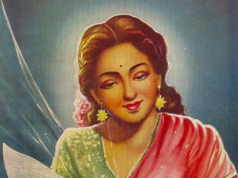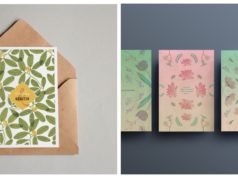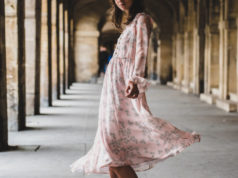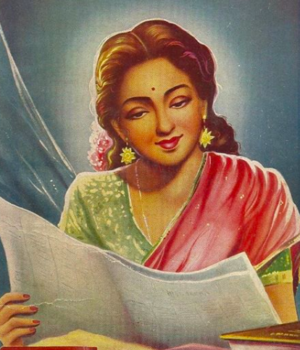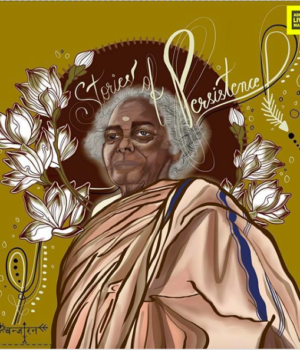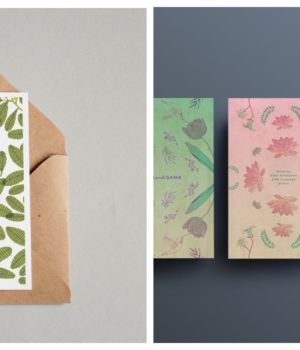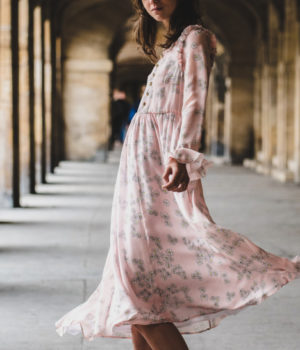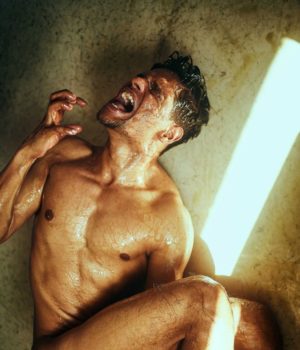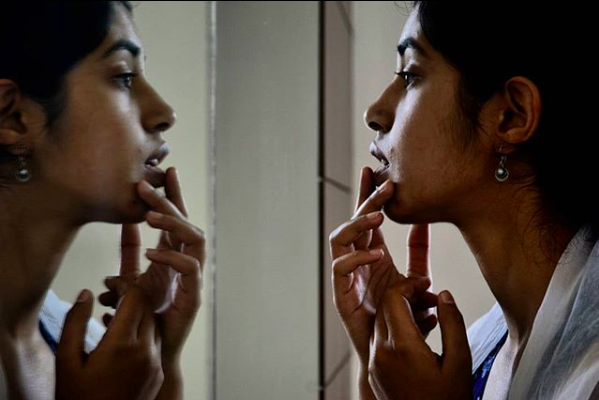
How do we define beauty? What do we perceive to be beautiful? And do we ever look at ourselves and wonder what our relationship with our own bodies is really?
Anushka Kelkar is driving discussion and introspection about beauty ideals, real body image, self-perception and self-love through her Instagram project Brown Girl Gazin (BGG). She started the page in March this year with the aim of bringing out the other side of the stories pertaining to beauty and body image that we usually see on social media.
Kelkar posts honest portraits of people describing their relationships with their bodies. Some have come to accept their bodies for what they are, some still have days of not feeling great about the way they look but are working through to acceptance, while others wear their scars like medals of honour having lived through difficult experiences.
Reading these accounts opens up those sometimes uncomfortable lines of communication, gets more people to rethink everything they know about body image, whether shape, size or colour, and hopefully helps us all to become more comfortable in our skin.
We spoke to Anushka about the project, body anxiety and body image activism.
What does body positivity mean to you?
A lot of people seem to believe that body positivity means that you should always love your body, and that you can’t be ‘body-positive’ if you have days where you feel really uncomfortable with your body and in your body.
Inhabiting a body is a complicated and often confusing experience and especially as a woman in India, there is a very narrow idea of what constitutes as beauty. Body Positivity doesn’t mean that you have reached a place where you genuinely love every part of yourself. I believe body positivity is more about the journey of getting to know your own body, and that means that there will be days when you feel completely comfortable and can see how your relationship with your body has become more positive but there will also be days where you feel like you hate your body, or like you would want to change certain things.
Instead of thinking about body positivity as a means to reach an end, which involves loving your body fully, I think it’s more productive to think about body positivity as a tool to de-construct the beauty standards that exist and to be kinder to your body. Another misconception that I have been hearing of late is that you can only be body-positive if you are curvy, and I don’t think this is true at all.
What made you start the page ‘Brown Girl Gazin’? Is there a link between the name you chose for the blog and what made you start it?
When I was younger, I often felt my body was very different from all the ‘beautiful’ women I saw on TV, or in the media that I consumed. They all looked flawless in a way that I found impossible to replicate—skinny but with curves in all the right places, glowing, fair skin with no blemishes, long hair that never had split ends like mine. My Instagram feed was filled with images of women who seemed to be achieving these beauty standards without even trying.
I have been taking photos since my first year, and I did a couple of fashion shoots last year and what really struck me while doing those was how much work goes behind creating that ideal of perfection. When we see images on our feed, we can’t help but compare ourselves to the people we are seeing in those images and I felt a deep disconnect between the way I saw the women around me, and the way they were portrayed on social media.
In order to seem like we are living are best lives, we curate our personalities, thoughts, and insecurities to appear a certain way online.
When I started this project, I wasn’t really sure about what the format would be but I knew I wanted to create a space where I was making more honest portraits of the women around me being vulnerable about their bodies.
BGG has two meanings for me—on the one hand I wanted to allude to the stereotypes and pressures that often come with being seen as a ‘brown girl’ or being an Indian woman today, and on the other hand I wanted to imply that I was the brown girl who was gazing at all the women around me, trying to reconstruct my own gaze and understand what it means to be a brown girl.
What body image issues do you think Indian women face specifically?
There is still a lot of stigma regarding women’s skin colour. I am constantly astounded by the kind of comments women are regularly subjected to, and how internalized this bias is. White and beautiful are regularly equated and until we start confronting how widespread this belief is, it’s going to be there for a while.
How does BGG help to expand what constitutes beauty, what it looks like, what it can look like for Indian women?
One of the biggest reasons why I started BGG was to remind myself and the people around me that ‘brown’ doesn’t have to look a certain way.
There is no one kind of brown girl, with a singular identity and specific features. So much of the pressure to look a certain way comes because people expect all women to abide by a few, narrow standards.
BGG is a way to keep visually reiterating that our ideas of what constitutes as beautiful and what doesn’t are totally constructed and so we should constantly keep re-examining where these ideals are coming from.
It’s important to know how diverse beauty can look, and in hearing the stories that other women share I think it allows everyone in the community to feel a little less alone in their struggles with their body.
What challenges have come with being a voice for body positivity?
A lot of people believe that body-positivity is something that’s exclusively reserved for privileged people. We live in a country where violence against women is prevalent in almost every space and people constantly ask me why bodies are so important.
It’s difficult to hear that constantly, and gets frustrating to explain that unless we can start to take ownership and feel at home in our own bodies, it is going to be difficult to fight violence in any other space. Also, there are always people who are greatly angered by women loving their own bodies, and being confident so that kind of hate is just something I’ve had to learn to ignore.
You’ve spoken with a lot of women for BGG. Who was the one person you learnt the most from? (if you can pick!)
I really can’t pick one because every photo shoot experience is incredibly special to me. Every subject has a completely different relationship with their body and there are a variety of reasons that people have for choosing to be a part of this project. For some people, it is a way to finally address insecurities or body image issues that they have had for a long time but haven’t confronted. These shoots are usually very intense, and again the subjects response to my photographing them is always different than what I anticipate.
Some subjects cry during the process because it is a really difficult thing to be putting yourself out there showcasing parts of you that you don’t feel fully secure with. Other subjects keep laughing because they can’t believe that they are actually doing this, and it feels totally unreal.
Honestly, the process is pretty fluid and I don’t go into photoshoots with a very clearly defined idea of how I want the portraits to turn out. I prefer working with the subject and to me, ensuring that the photoshoot is a good experience for them is far more important than the actual photographs that come out of it.
Is this going to remain a female focused project, or do you have plans to add more genders to the work?
I don’t want to say much about this because it’s still in the process of being finalized, but yes, I definitely have plans to broaden it.
What would you say to any person who is struggling to accept and love their body?
Just know that it’s a process, you’re not going to wake up one day feeling perfect and loving every part of your body. It takes years of un-learning, and you shouldn’t blame yourself for your insecurities. Don’t think about not loving your body as a personal failure, or as a tangible destination that you must get to. Instead, start learning to listen to your body, interacting with it, and allowing it to feel.
Click here to follow Brown Girl Gazin on Instagram.
Written by Additi Seth
Featured image credit: Brown Girl Gazin

